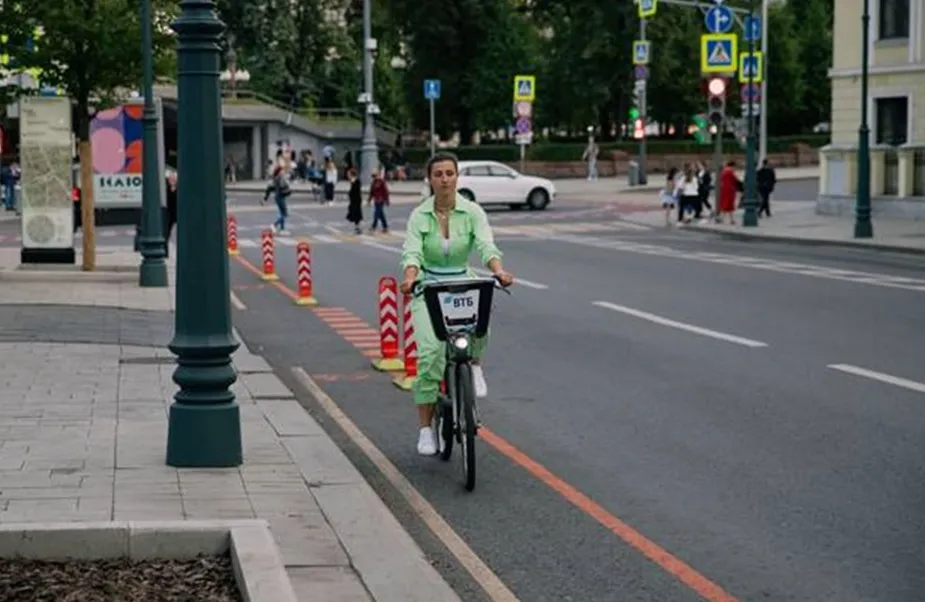
Transport for London (TfL) has banned all privately-owned electric scooters and e-unicycles on its transport networks following recent fires on its premises and services.
TfL says those in possession of such devices will not be permitted to enter any premises on its network or travel on any of its services, including the tube, buses, overground, TfL rail and DLR (docklands light railway) service.
A review carried out by TfL found these incidents were caused by defective lithium-ion batteries which ruptured without warning, leading to fires that caused toxic smoke to be released.
The transport body believes that if these fires occurred in an enclosed area like a Tube train or a bus, there could be significant harm to both customers and staff, as well as secondary injuries from customers trying to escape the area.
Privately-owned e-scooters remain illegal to use in public spaces, but are widely available for purchase.
According to TfL, such e-scooters and e-unicycles are currently unregulated, meaning they are not currently required to meet any minimum vehicle standards.
TfL will keep these changes under review pending any future changes to legislation by the UK Government regarding e-scooters and e-unicycles, specifically around safety standards. It is collecting data from the rental e-scooter trials to help shape future policy on safety standards in London and the rest of the country.
TfL's trial of rental e-scooters – which began in June as part of trials permitted nationally by the Department for Transport (DfT) – offers the only e-scooters legally allowed on London's roads.
These vehicles exceed the DfT's regulatory requirements and are considerably more robust than most common private e-scooters, TfL adds.
Lilli Matson, TfL's chief safety, health and environment officer, says: "We have worked with London Fire Brigade to determine how we should deal with these devices and, following that review, we have decided to ban them. Customers who try to bring them onto our network will be refused access to our stations and premises, and not be permitted to use any of our services."
Paul Jennings, London Fire Brigade assistant commissioner for fire safety, says: "Fires are dangerous and terrifying wherever they happen, but a fire on the transport network has the potential to become very serious very quickly and involve hundreds of people, particularly on trains where evacuation may be challenging, so anything that can be done to mitigate that risk is a positive step."
As part of the move, TfL's 500 uniformed enforcement officers and police partners will be deployed across the transport network ensuring that customers comply. Those who do not follow the ban may be refused entry, directed to leave the network or face a fine of up to £1,000.
Additionally, the Metropolitan Police has appealed to retailers to be responsible in selling e-scooters, and has reminded Londoners that the use of privately-owned e-scooter and e-unicycles on public roads, cycleways and highways is illegal.
British Transport Police superintendent Lisa Garrett, says: "Our priority is the safety of passengers and the staff members working across Transport for London services. We'll be working alongside frontline staff to engage with the public on this issue, and enforce where necessary."
The ban does not include mobility scooters that are permitted on the network of foldable e-bikes.
According to TfL, e-bikes are generally subject to better manufacturing standards and the batteries are usually positioned in a place where they are less likely to be damaged, and so are less of a fire risk.
Non-foldable e-bikes will continue to be allowed on some parts of the network at certain times of the day.









